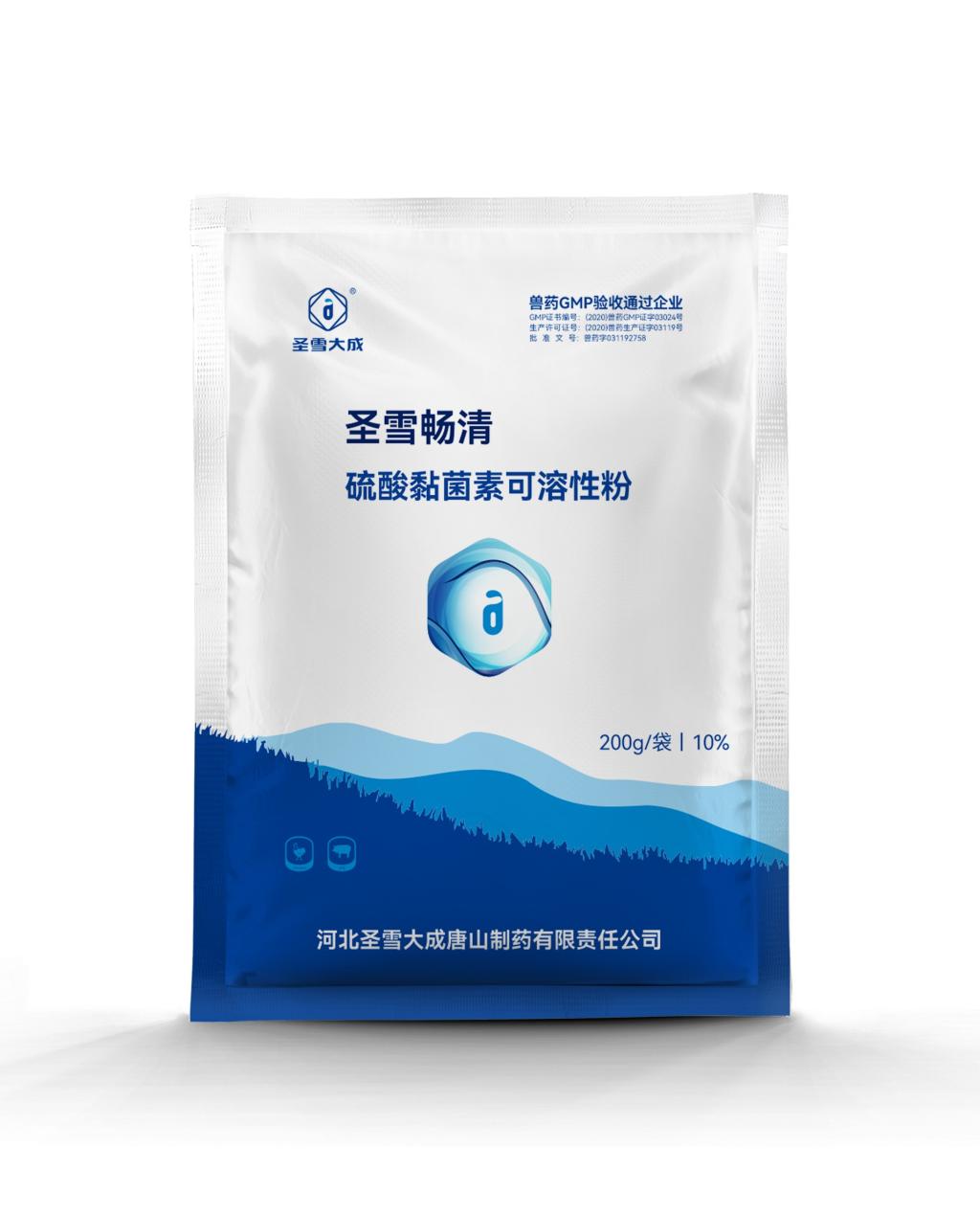Tel:+8618231198596

News
 CONTACT
CONTACT
 CONTACT
CONTACT
- Linkman:Linda Yao
- Tel: +8618231198596
- Email:linda.yao@dcpharma.cn
- Linkman:CHARLES.WANG
- Department:Overseas
- Tel: 0086 0311-85537378 0086 0311-85539701
News
Current Position:
Home >
News
>Regulatory Landscape: Colistin Sulfate Soluble Powder and Compliance Measures.
Regulatory Landscape: Colistin Sulfate Soluble Powder and Compliance Measures.
TIME:2024-01-11
1. Introduction:
Colistin sulfate soluble powder, a polymyxin antibiotic, is extensively used in veterinary medicine to treat bacterial infections in livestock. The rising global concerns regarding antibiotic resistance and the potential impact on food safety have prompted stringent regulatory measures. This article aims to provide a comprehensive overview of the regulatory landscape surrounding colistin sulfate soluble powder, emphasizing compliance measures, global perspectives, and the evolving strategies to ensure responsible antibiotic use in animal health.
2. Colistin Sulfate: An Antibiotic of Significance:
Historical Perspective:
Colistin, discovered in the 1950s, gained renewed attention as a last-resort antibiotic in human medicine due to its effectiveness against multidrug-resistant bacteria. In veterinary medicine, colistin sulfate soluble powder serves as a crucial tool in treating bacterial infections in livestock, safeguarding animal health and food production.
3. Global Regulatory Framework:
US FDA Regulations:
In the United States, the Food and Drug Administration (FDA) oversees the approval and regulation of veterinary drugs, including colistin sulfate soluble powder. Strict guidelines are in place to ensure its safe and judicious use, with a focus on minimizing the development of antibiotic resistance and preventing residues in food products.
European Medicines Agency (EMA) Standards:
Within the European Union, the European Medicines Agency (EMA) regulates veterinary medicinal products, including colistin sulfate. The emphasis is on promoting responsible use and ensuring that the benefits of treatment outweigh the risks, aligning with the One Health approach that considers the interconnectedness of human and animal health.
4. Antibiotic Resistance Concerns:
Linking Veterinary Use to Human Health:
The emergence of antibiotic-resistant bacteria poses a significant threat to human health, and the link between the use of antibiotics in veterinary medicine and the development of resistance in humans has raised alarms. Colistin, as a last-resort antibiotic in human healthcare, draws particular attention, necessitating careful regulation of its use in animals.
Global Initiatives to Address Antibiotic Resistance:
International organizations, such as the World Health Organization (WHO) and the World Organisation for Animal Health (OIE), advocate for global strategies to combat antibiotic resistance. These initiatives emphasize responsible antibiotic use, surveillance, and research to develop alternative treatments and preventative measures.
5. Compliance Measures for Colistin Sulfate Soluble Powder:
Veterinary Prescription Requirements:
Many countries mandate that colistin sulfate soluble powder be administered under veterinary supervision and prescribed by a licensed veterinarian. This ensures that the antibiotic is used judiciously, addressing the specific needs of the animal while minimizing the risk of overuse or misuse.
Withdrawal Periods and Residue Testing:
To prevent antibiotic residues in food products, regulatory authorities establish withdrawal periods – the time between the last administration of the antibiotic and the slaughter or milk collection. Rigorous testing protocols are in place to detect and monitor residues, ensuring compliance with established safety standards.
6. Alternatives and Research Advances:
Exploring Alternatives:
Given the concerns surrounding antibiotic resistance, researchers are actively exploring alternatives to traditional antibiotics, including phytogenic compounds, probiotics, and innovative vaccines. The regulatory landscape encourages the development and integration of such alternatives to reduce reliance on antibiotics like colistin sulfate.
Research Advances in Antibiotic Stewardship:
Advancements in antibiotic stewardship involve research into optimizing antibiotic regimens, developing combination therapies, and exploring novel drug delivery systems. These efforts aim to enhance the efficacy of antibiotics while minimizing the risk of resistance development.
7. Case Studies and Global Perspectives:
Examining case studies from different regions provides insights into how various countries are addressing the regulatory challenges associated with colistin sulfate soluble powder. Varied approaches highlight the complexity of balancing the need for effective veterinary treatments with the imperative of responsible antibiotic use.
8. Future Directions and Collaborative Efforts:
The future of regulating colistin sulfate soluble powder involves collaborative efforts among governments, regulatory agencies, veterinary professionals, and the pharmaceutical industry. Ongoing research, technological innovations, and international cooperation are essential for adapting regulatory frameworks to emerging challenges.
9. Public Awareness and Education:
Raising public awareness about the implications of antibiotic use in animal agriculture is a critical component of effective regulation. Educational initiatives targeting farmers, veterinarians, and consumers contribute to informed decision-making and foster a collective commitment to responsible antibiotic use.
10. Conclusion:
In conclusion, the regulatory landscape surrounding colistin sulfate soluble powder reflects the global commitment to balancing the need for effective veterinary treatments with the imperative of responsible antibiotic use. Compliance measures, stringent regulations, and ongoing research efforts collectively aim to address antibiotic resistance concerns and ensure the safety of food products derived from treated animals. As the regulatory framework evolves, collaboration and continued vigilance will play key roles in shaping a sustainable and responsible approach to the use of colistin sulfate in veterinary medicine.
- Tel:+8618231198596
- Whatsapp:18231198596
- Chat With Skype







